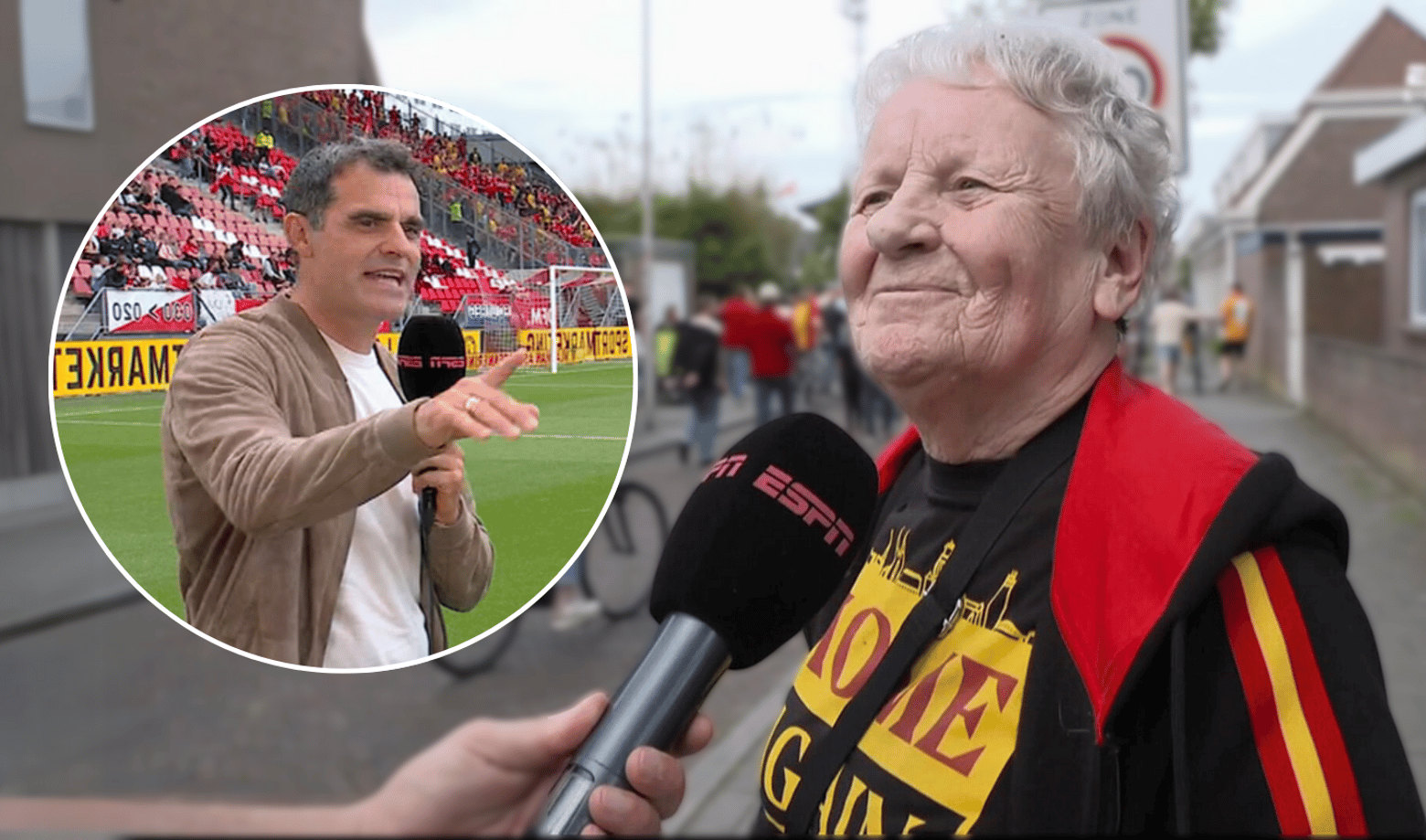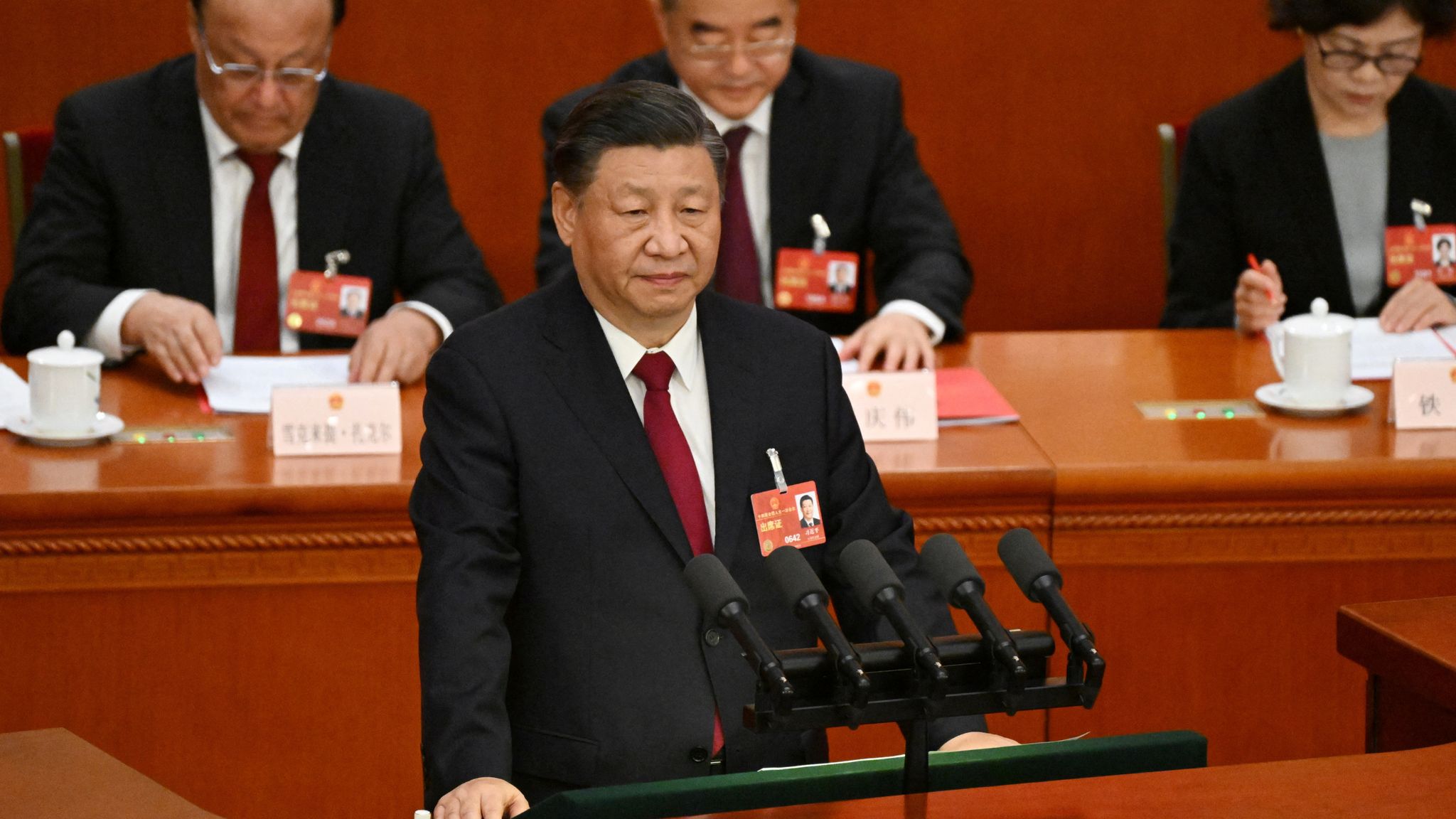Who Might Succeed Pope Francis? Potential Candidates For The Papacy

Table of Contents
Leading Cardinals and Their Theological Perspectives
The next Pope will almost certainly be chosen from among the College of Cardinals. Several prominent figures consistently emerge in discussions about potential candidates for the Papacy. Let's examine some of them, considering their theological perspectives and leadership styles.
Cardinal Parolin: A Diplomat at the Heart of the Vatican
Cardinal Pietro Parolin, the Cardinal Secretary of State, is a strong contender. His extensive experience in Vatican diplomacy and international relations makes him a well-known figure in Catholic circles. His theological leanings are generally considered moderate, balancing traditional doctrines with a pragmatic approach to modern challenges.
- Key Achievements: Successfully navigating complex diplomatic situations, fostering dialogue with other faiths.
- Potential Challenges: Some might perceive his moderate stance as lacking strong ideological direction.
- Support Base: His experience and diplomatic skills garner significant support within the College of Cardinals.
Cardinal Tagle: A Voice for the Developing World
Cardinal Luis Antonio Tagle, known for his pastoral approach and focus on social justice, represents a different theological perspective. His emphasis on serving the poor and marginalized, particularly in the developing world, resonates deeply with many. He is celebrated for his accessible communication style and his commitment to inclusivity.
- Key Achievements: Building strong relationships with communities in the Philippines and globally. His work on interfaith dialogue is noteworthy.
- Potential Challenges: Lack of extensive experience in Vatican administration.
- Support Base: Strong support from the Global South and those who prioritize social justice within the Church.
Cardinal Marx: A Champion of Reform
Cardinal Reinhard Marx, known for his reform-minded approach within the German Catholic Church, offers yet another perspective on potential candidates for the Papacy. He has been a vocal advocate for Church reform and has addressed issues such as clerical abuse and financial transparency with directness.
- Key Achievements: His leadership in tackling critical issues facing the German Church, promoting ecumenical dialogue.
- Potential Challenges: His progressive views may be met with resistance from more conservative factions.
- Support Base: Significant support from progressive wings of the Church, but also some opposition from conservative segments.
Geographic Considerations and Global Representation
The selection of the next Pope involves careful consideration of geographic representation within the global Catholic Church. Historically, the Papacy has sought to balance regional representation to ensure inclusivity and reflect the diverse tapestry of Catholicism worldwide.
The Importance of Regional Balance
Choosing Popes from different continents is not just a matter of symbolic representation; it acknowledges the significant variations in Catholic practice and culture across the globe. The selection of a Pope reflects the Church's global reach and its commitment to serving its diverse membership.
- Examples: Pope John Paul II (Poland), Pope Francis (Argentina), Pope Benedict XVI (Germany) – illustrating the geographical diversity in recent Papal history.
- Implications: The selection process inherently considers the need to maintain this delicate balance in the future.
Potential Candidates from Underrepresented Regions
While Europe has historically dominated the Papacy, there is growing recognition of the need for greater representation from other regions. Potential candidates from Africa, Asia, and other areas of the world could offer fresh perspectives and better connect with the growing Catholic populations in those regions. This would address the increasing global focus of "African Catholicism," "Asian Catholicism," and "Latin American Catholicism."
Key Issues Facing the Next Pope and Candidate Alignment
The next Pope will inherit a complex set of challenges facing modern Catholicism. These issues will significantly impact the selection process, as candidates’ positions on these matters influence their electability.
Challenges in Modern Catholicism
The Catholic Church faces numerous significant challenges, including:
- Declining Church Attendance: A steady decline in Mass attendance in many parts of the world.
- Secularization: The increasing secularization of societies globally.
- Internal Divisions: Differing views on issues such as clerical celibacy, women's roles, and LGBTQ+ inclusion.
- Decline in Vocations: A shrinking number of people entering the priesthood and religious life.
Different candidates will bring various approaches to address these challenges, impacting their likelihood of being selected.
Alignment with Pope Francis's Legacy
The next Pope's relationship with Pope Francis's legacy will be a key consideration. Some candidates might seek to build upon his reform agenda, while others might prioritize continuity with past traditions. This "continuity and change" dynamic significantly shapes the discussion surrounding "Francis's legacy."
Conclusion: Speculating on the Next Pope and the Future of the Papacy
The selection of the next Pope is a complex process involving theological considerations, geographical representation, and the pressing challenges facing the Church. The potential candidates for the Papacy, each with unique backgrounds and theological perspectives, offer a diverse range of potential approaches to these issues. While definitive predictions are impossible, understanding the factors at play allows for a more informed assessment of the future of the Papacy.
Who do you think will be the next Pope, and why? Continue your research on potential candidates for the Papacy by exploring reputable news sources and theological analyses. The future of the Catholic Church hangs in the balance!

Featured Posts
-
 Debbie Elliott A Comprehensive Overview
May 11, 2025
Debbie Elliott A Comprehensive Overview
May 11, 2025 -
 De Schoonheid Van Sylvester Stallones Dochter Een Nieuwe Foto Verovert Hart
May 11, 2025
De Schoonheid Van Sylvester Stallones Dochter Een Nieuwe Foto Verovert Hart
May 11, 2025 -
 Is Selena Gomez Pregnant Benny Blancos Involvement Explored
May 11, 2025
Is Selena Gomez Pregnant Benny Blancos Involvement Explored
May 11, 2025 -
 Werder Bremen Secures Important Win Against Holstein Kiel
May 11, 2025
Werder Bremen Secures Important Win Against Holstein Kiel
May 11, 2025 -
 U S China Trade Talks Exclusive Insight Into Xi Jinpings Security Delegation
May 11, 2025
U S China Trade Talks Exclusive Insight Into Xi Jinpings Security Delegation
May 11, 2025
